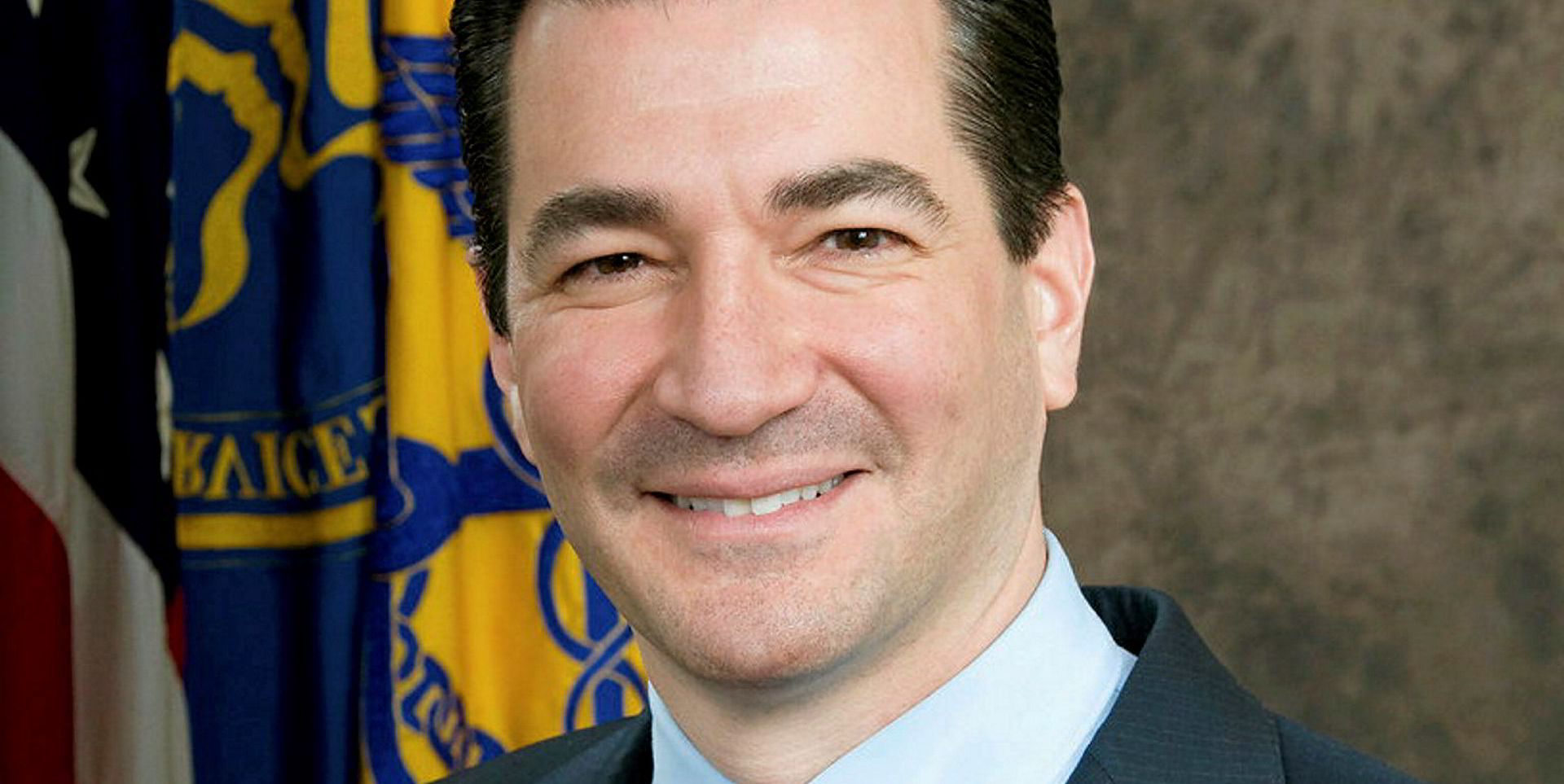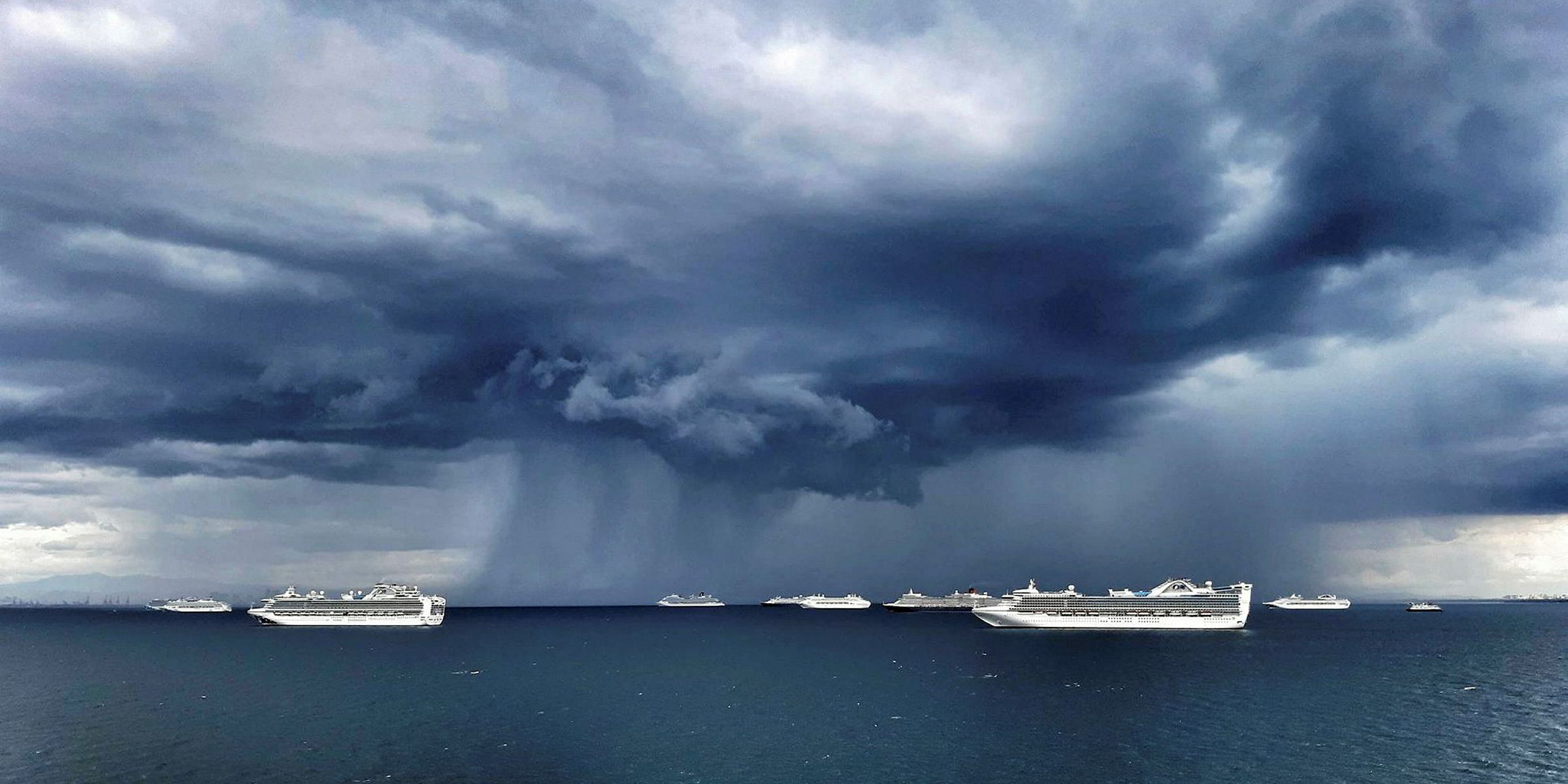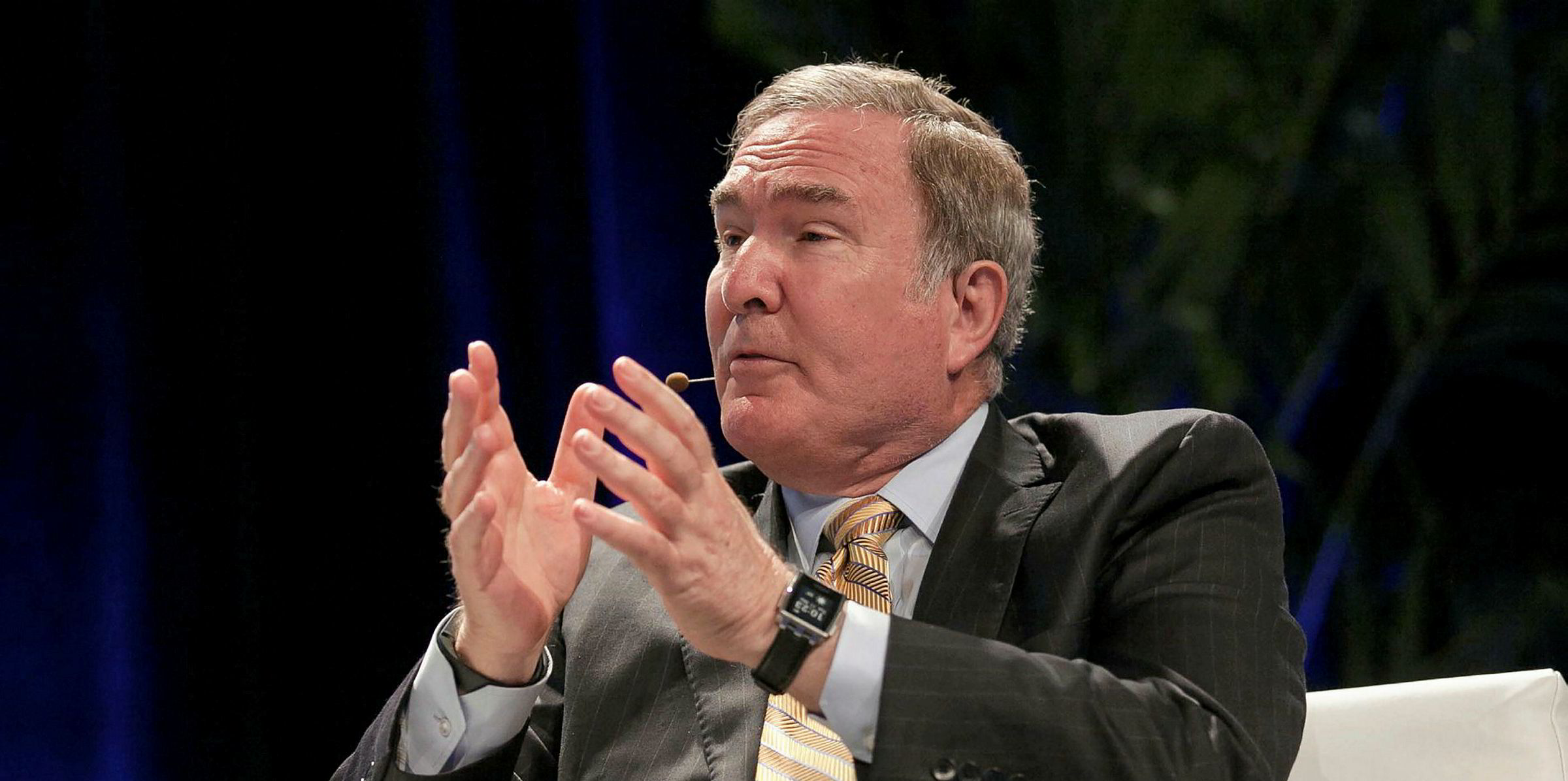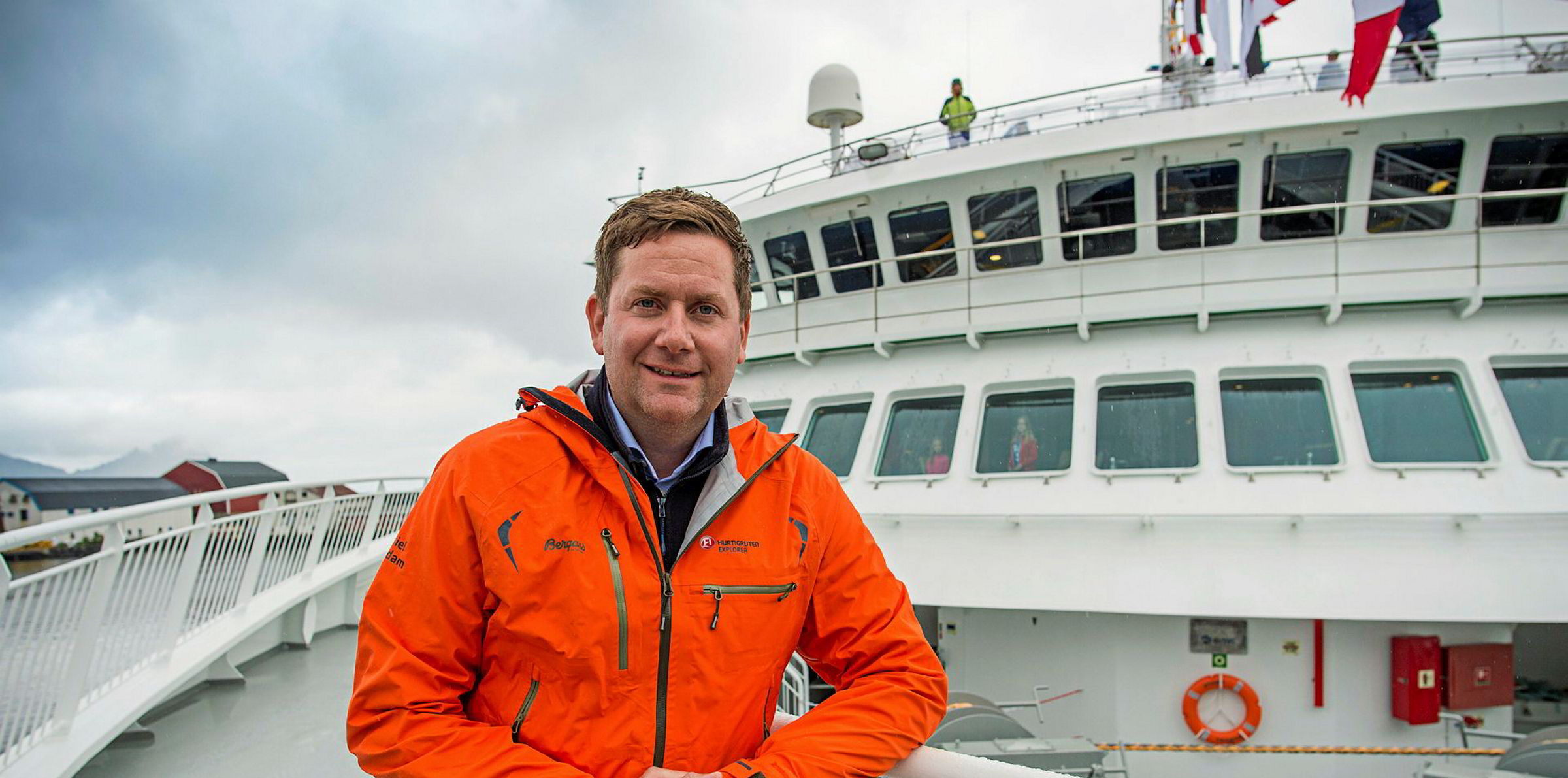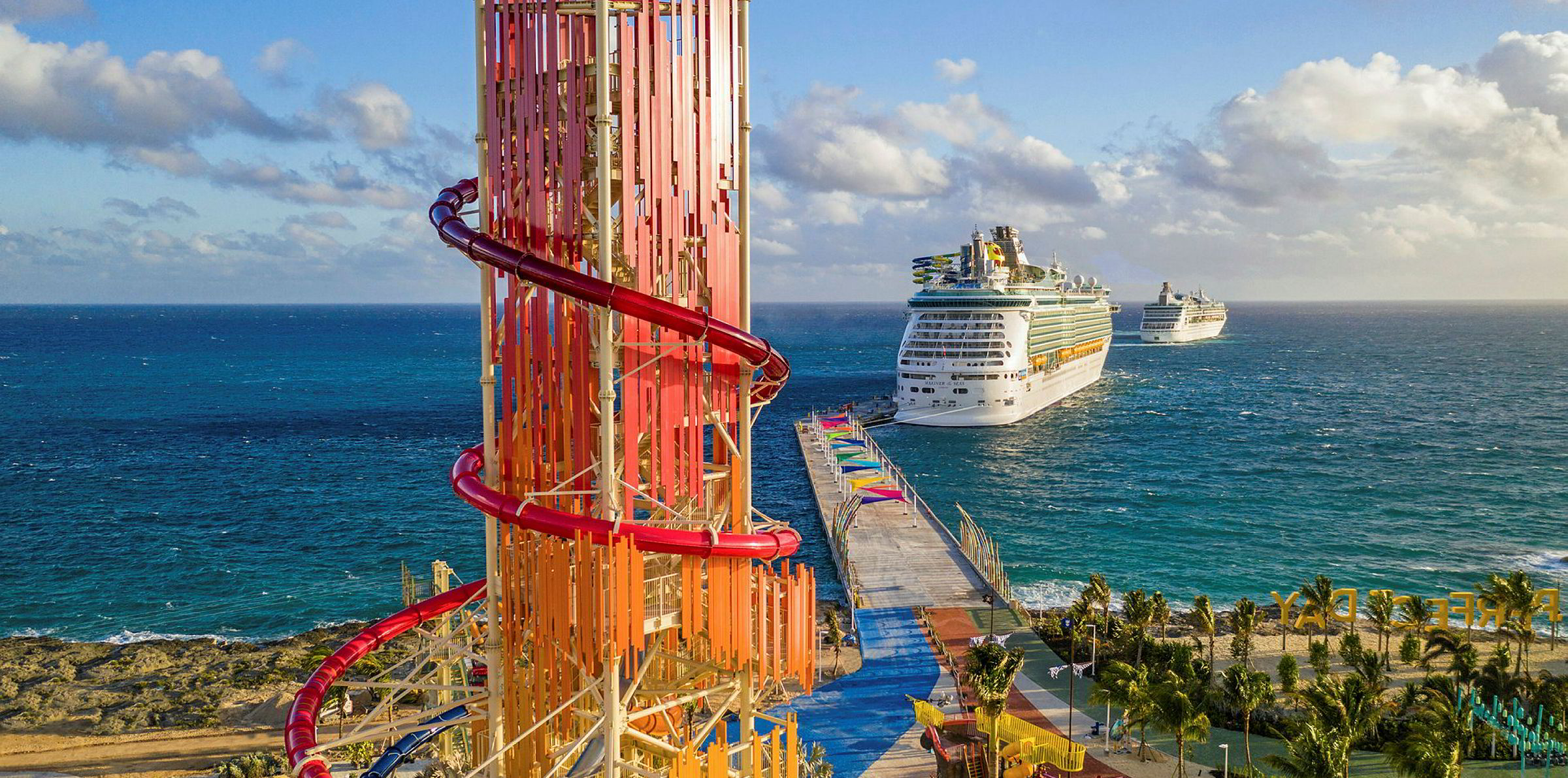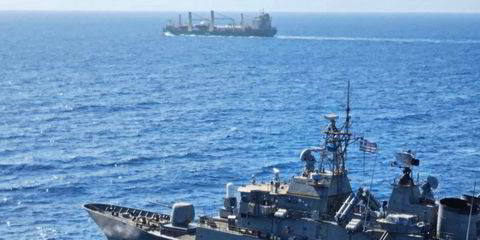A group of health experts assembled by Royal Caribbean Group and Norwegian Cruise Line Holdings has put together a list of recommendations for a safe return to cruising.
The Healthy Sail Panel, led by former US Food and Drug Administration commissioner Dr Scott Gottlieb and former Utah governor Mike Leavitt since June, offers 74 guidelines focused on testing, sanitation, response, planning and mitigating risks for crew members.
The recommendations were given to the US Centers for Disease Control and Prevention (CDC) on Monday in response to a request for public comment on preventive measures.
“The Healthy Sail Panel spent the last four months studying how to better protect the health and safety of guests and crew aboard cruise ships,” Gottlieb said in a statement.
“Taken as a comprehensive approach, we believe the panel’s robust public health recommendations will help inform strategies for a safe resumption of sailing.”
They include ways to keep Covid-19 off ships, conduct passenger and crew screening and contact tracing, address positive infection and control excursions.
Online meeting
Despite all of these measures, passengers will always run the risk of contracting the virus upon crossing the gangway, the panel said.
"Infections may still occur because ... there is no way to eliminate risk entirely," it said in its 65-page report made available to the entire industry and the public.
The report has come out more than a week after cruise executives and tourism officials in Florida's Miami-Dade County held an online meeting imploring the CDC to lift its no-sail order for US territories.
"The cruise industry is close to devastation," Norwegian Cruise Line Holdings chief executive Frank Del Rio said during the 10 September meeting.
"Enough is enough. It's been more than six months ... We've learned a lot as an industry and as a society on how to live alongside Covid-19."
Top priorities
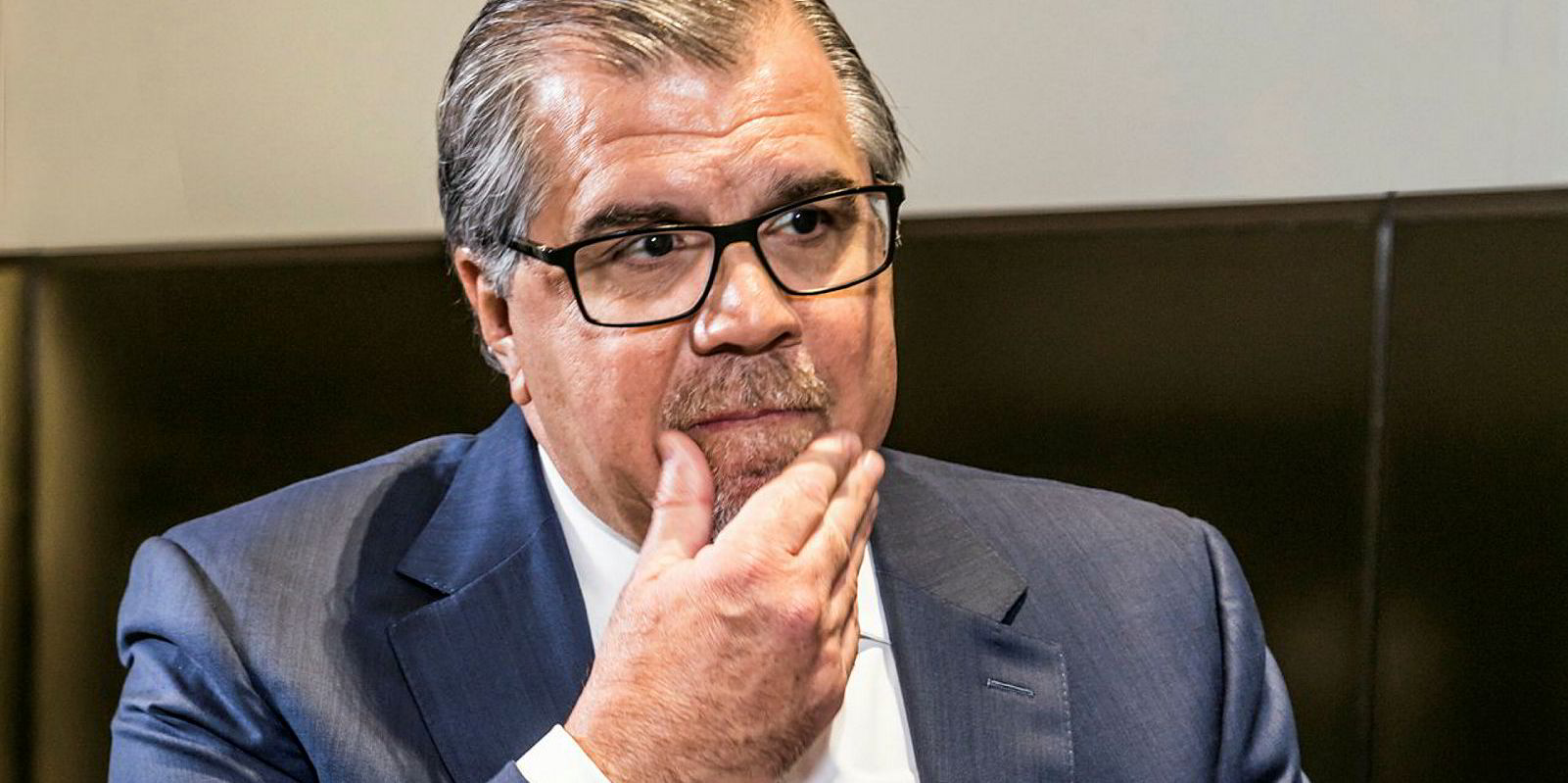
The CDC, which plans to lift the restriction at the beginning of next month, has not returned calls.
Carnival Corp and the Cruise Lines International Association (CLIA) have also submitted recommendations to the CDC based on public input.
"Our highest responsibility and top priorities are compliance, protecting the environment, and the health, safety and well-being of our guests, our crewmembers and the communities we visit," Carnival said in a statement.
"That ongoing focus is reflected in the core elements of extensive health protocols for a gradual resumption of cruise operations in the Americas submitted today by CLIA ... to the [CDC]."
Environmental groups Stand.earth and Friends of the Earth US have gathered more than 51,000 signatures across two petitions pushing for an extension of the no-sail order.
"As recent outbreaks onboard Norwegian Cruise Line vessels demonstrate, there is no such thing as safe cruising during a pandemic," Kendra Ulrich, Stand.earth's shipping campaigns director, said.
A price to pay
The cruise industry's willingness to come up with safety guidelines during the pandemic should help the sector return to sailing, but their implementation will come at a cost, Macquarie analyst Paul Golding said.
"We expect cruise operators will incur more opex and capex in the near term to update [heating, ventilation and air conditioning] systems, increase testing and onboard monitoring, expand sanitation stations, and hire more medical personnel relative to guests," he wrote on Monday in a client note.
"Structural changes to ships may also be needed like larger onboard medical facilities and designated isolation and quarantine spaces.
"Additionally, cruise operators may lose out on revenues from denial of boarding standards for individuals that don’t meet more stringent requirements at embarkatio, or including a positive Covid test in the last 14 days, close contact with an individual with confirmed infection, a high-temperature reading, or a cough."
